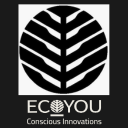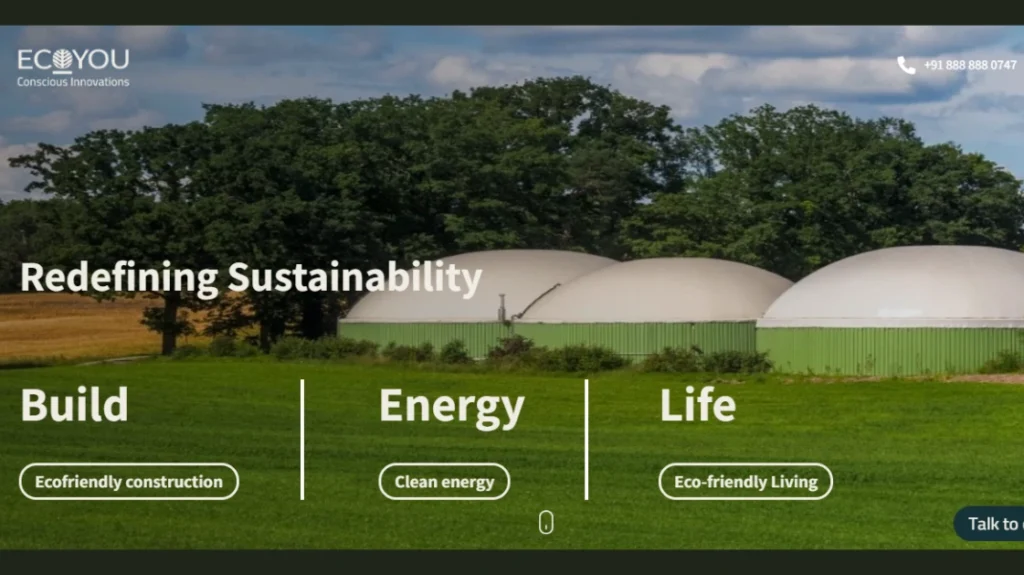
Ecoboard Industries Ltd: Sustainable Boards
Year: 1991
Founders: Ram Krishna Raju Gottumukkala
Funding: Publicly listed company
Introduction
Ecoboard Industries Ltd is where industrial innovation, agriculture, and sustainability converge. Founded on a vision to be a green building material and bio-energy solutions innovator, the company has carved a niche by turning farm waste into useful commercial-grade products and greener products. With its headquarters in Pune, Maharashtra, Ecoboard’s business mimics a circular economy model—trashing from farms turned into useful construction-grade material and renewable energy sources. Their activities not only minimize the environmental impact of construction but also create a side income avenue for farmers and enable rural development.
Tackling Agricultural Challenges
Ecoboard addresses deforestation and inappropriately managed waste in agriculture by producing agro-waste such as bagasse, cotton stalks, and rice husk into upscale particle boards that are a suitable wood substitute and minimize air pollution. The company also has bioenergy solutions such as biogas recovery and effluent treatment plants that contribute to clean energy, green waste management, and low-carbon footprint in the countryside.
Key Offerings
- Eco-Friendly Particle Boards: Made from agricultural residues such as bagasse and cotton stalks, they are used in furniture, partitions, wall panels, and ceilings. The boards contain no formaldehyde, are waterproof, and meet strict industry standards.
- Bioenergy Solutions: Installation and use of biogas recovery plants, bioenergy units, and effluent treatment units for agro-based industries, agriculture, and rural communities.
- Turnkey Process Systems: Complete solutions for companies that wish to implement sustainable waste-to-energy processes, allowing them to lower their cost of operation and carbon footprint.
- Customized Product Lines: Solutions tailored to meet the needs of eco-conscious architects, builders, and developers looking for high-performance sustainable materials.

Real Impact
Ecoboard’s business approach has created a major change in various industries. The company turns agro-waste collected from farmers into boards that are ready for the market. This helps reduce waste while also boosting farmers’ earnings. Where farmers used to burn leftover crops, Ecoboard introduced organized collection systems that give them money instead of creating smoke. Their boards are now found in homes, offices, and stores proving that farm leftovers can work for modern building projects. Their biogas and bioenergy units allow agro-processing businesses and small industries to depend less on fossil fuels while boosting sustainable practices. Ecoboard has played a role in cutting deforestation decreasing carbon emissions and encouraging eco-friendly options in India’s construction and energy industries.
Success Story
A farmer cooperative in Maharashtra, previously burning over 2,000 tonnes of cotton stalk annually, partnered with Ecoboard to sell this agro-waste. The result was not only monetary gain for the farmers but also a tangible reduction in air pollution in their village. Today, the same community benefits from cleaner air, better soil health (as they no longer rely on burning), and income diversification. On the other side, the boards made from their residues are now used in modular furniture across Indian metros—closing the loop between rural supply and urban demand.
Lessons for Agri-Startups
Ecoboard’s journey offers clear takeaways for emerging startups in agri-innovation:
- Agricultural waste is a resource, not a liability—when paired with the right processing tech.
- Eco-conscious business models can be profitable and scalable if they align with market demands.
- Rural-urban integration is key: build supply chains that reward farmers and deliver value to end consumers.
- Policy alignment helps—Ecoboard’s model benefits from government incentives for waste management and green building.
Stay Informed with Focus Agritech
Explore more such stories, insights, and opportunities in the agritech ecosystem.
👉 Subscribe to Focus Agritech’s newsletter for expert tips and funding news to grow your farm or startup smarter.
Want to Promote your Agri- Startup?
Fuel your agri-startup’s visibility and success today.
50+ startups connected with investors
Sponsored Ads

Sponsored Ads

